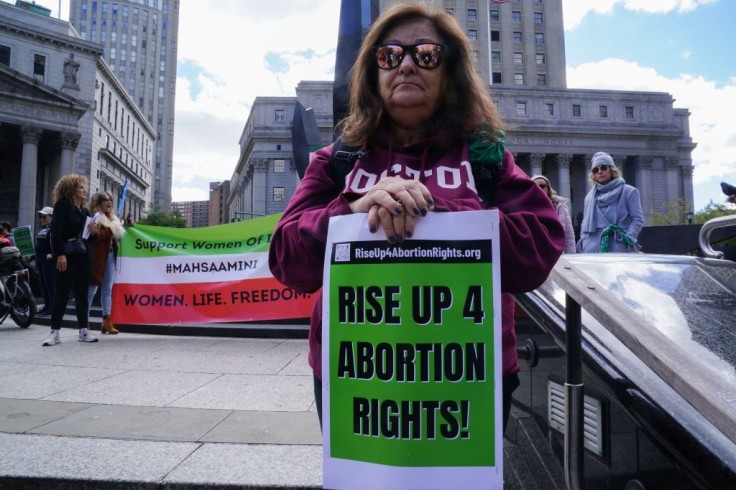The location of the people in Massachusetts will soon become more secure in light of Roe v. Wade.
The 193rd General Court of the Commonwealth of Massachusetts is considering a bill that bans the selling of people's location data across the state and forces companies to get consent before they could collect and sell them.
The bill follows the Supreme Court's overturning of Roe v. Wade and the establishment of new abortion laws.

Massachusetts Location Shield Act Details
The State of Massachusetts is considering a one-of-a-kind bill that's set to take the U.S. by storm once enacted. According to Gizmodo, The Location Shield Act would outlaw the "selling, leasing, trading, or renting location data" across Massachusetts.
It would also force companies to get consent from people if they want to collect or process such data, and those that don't could face state legal action via the Massachusetts Attorney General's office, which may include class-action litigation.
The bill, which has the state's Democrat-laden legislature, is one of the results of the Supreme Court's overturning of Roe v. Wade. Since the overturn abolished federal protections for abortion, data privacy issues companies caused became the new boogeyman for women who wish to have an abortion.
Rights advocates fear the data companies collect through the apps they developed for people to download on their phones, such as period-tracking apps, per Engadget. Currently, data brokers can and do sell cellular location data to whomever they wish; the data's anonymized nature is removed by firms that specialize in de-anonymizing them.
As such, data brokers can sell people's de-anonymized location data to intelligence agencies, foreign governments (hostile or otherwise), and people with enough funding.
The ACLU Massachusetts, along with various progressive and pro-choice groups, also support the passing of the Location Shield Act, per a recent Engadget report. They reportedly see "a greater urgency" to block the collection and sale of user location in a "post-Dobbs" world.
"Every day, unregulated data brokers buy and sell personal location data from apps on our cellphones, revealing where we live, work, play, and more," the ACLU said on its website. To protect our privacy, safety, access to abortion and other essential health care, Massachusetts needs to ban this practice now by passing the Location Shield Act."
Stiff Opposition Abound
The Location Shield Act, its authors, and supporters face opposition in the form of the State Privacy & Security Coalition, a trade association representing the tech industry. Andrew Kingman, an association lawyer, said that while the group supports heightened protections, it would prefer giving consumers "the ability to opt-out of sale" like other states rather than imposing an outright ban.
Whether the coalition intends to block the bill is debatable. Regardless, the bill serves as another step toward Americans' fight for their right to privacy and to withhold their data to protect it.
Interestingly, the bill has similarities to the Upholding Protections for Health and Online Location Data Privacy Act authored by Democratic senators Amy Klobuchar, Elizabeth Warren, and Mazie Hirono. This Act, which legislation is still considering, aims to prevent companies from profiting off of personally identifiable health data for advertising purposes, along with prohibiting and banning data brokers from selling people's location data.
Related Article : New Senate Bill a Potential First Step Into a Proper US Privacy Law









